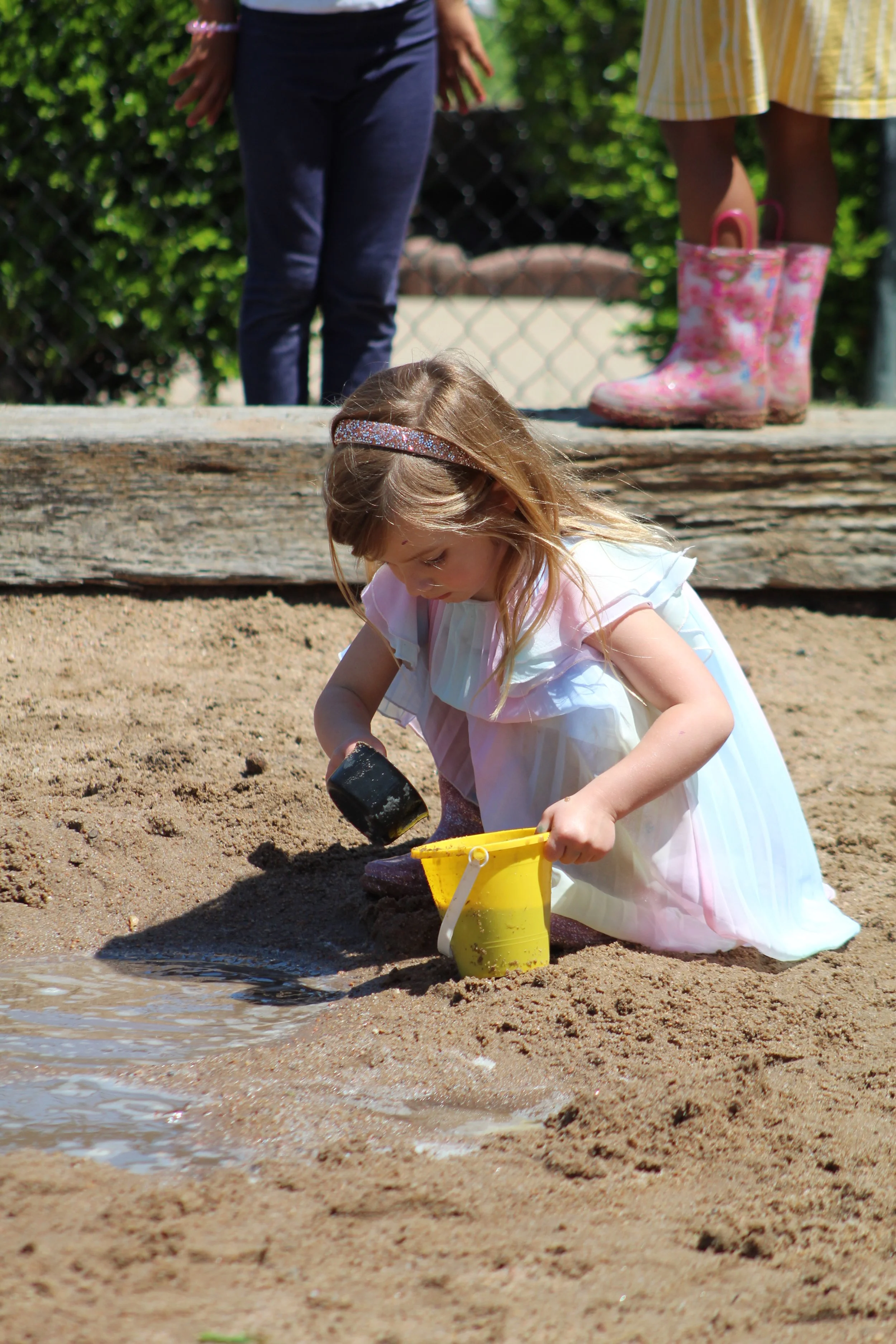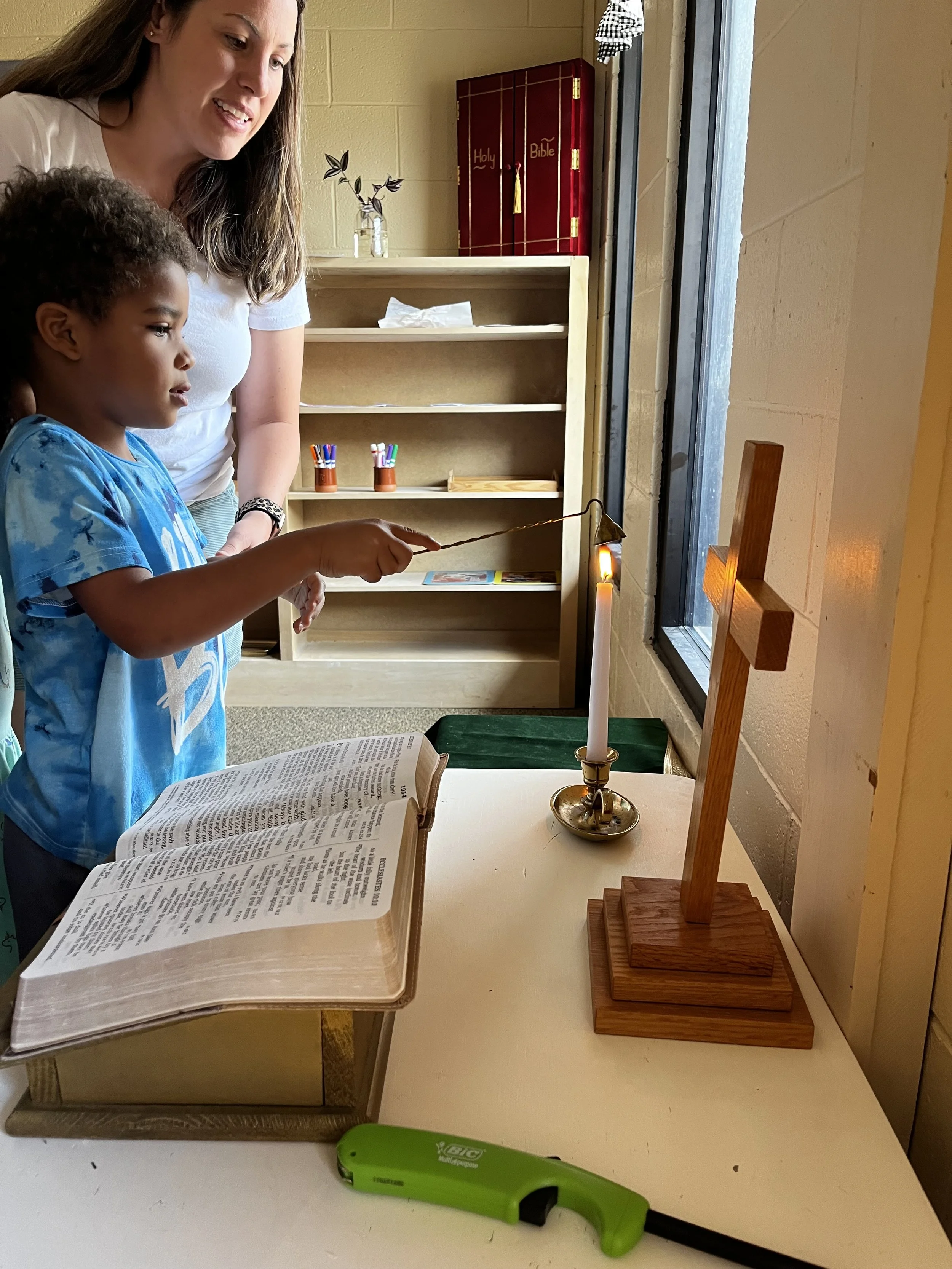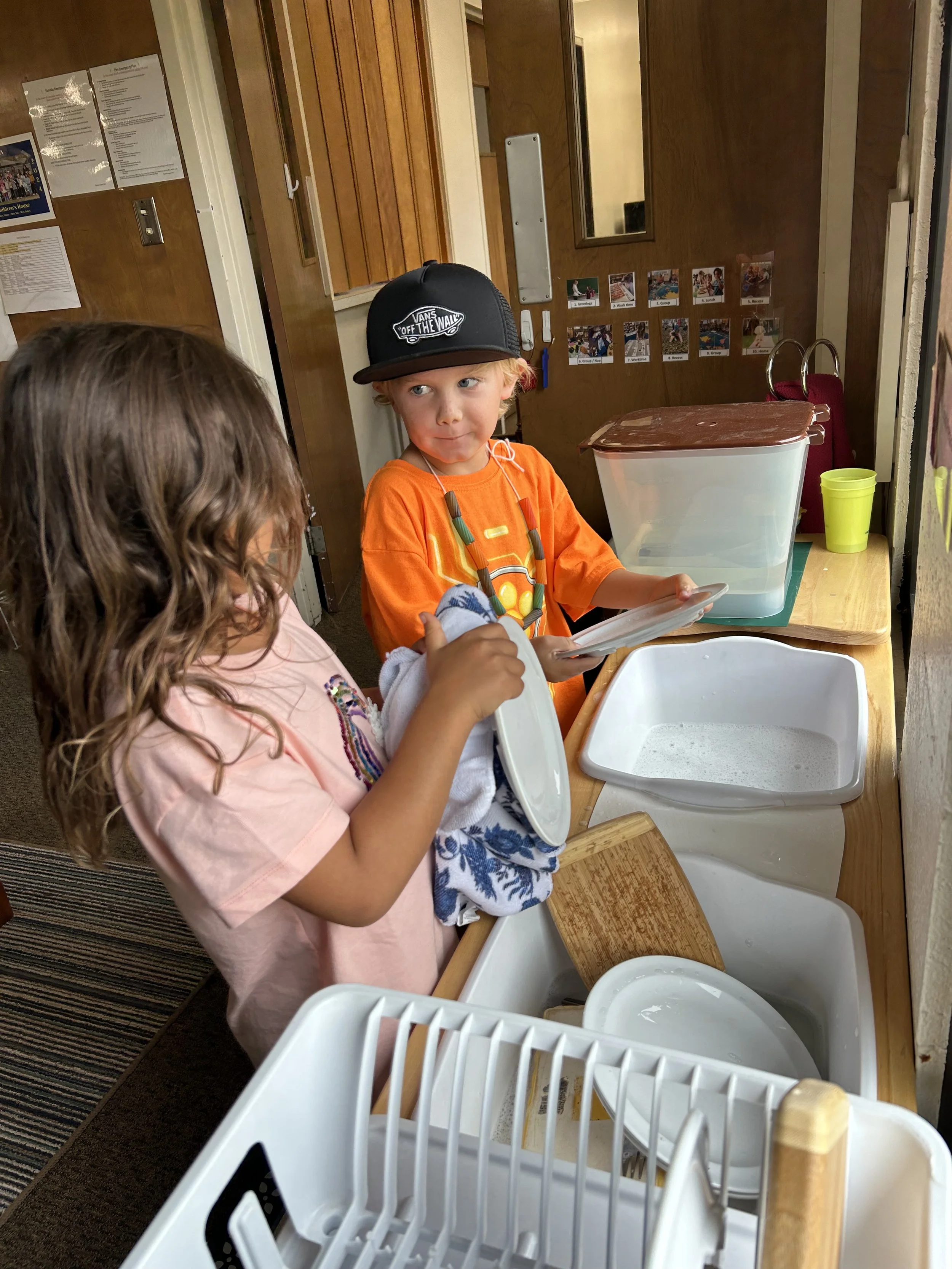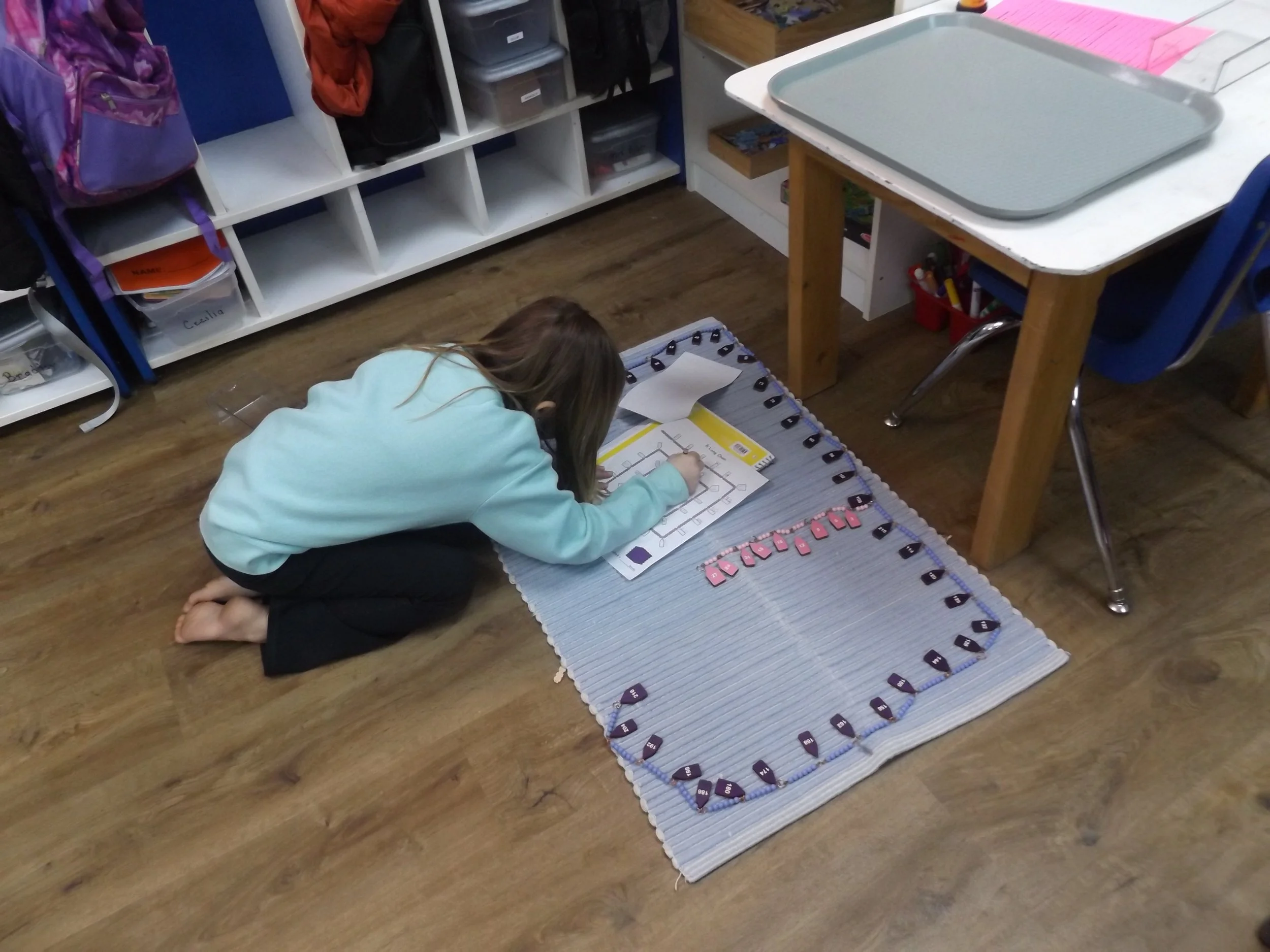Benefits of the Continuation of Montessori
Growing with Montessori: The Benefits of Starting Young and Staying the Course
Choosing the right educational path for your child is one of the most meaningful decisions a parent can make. For many families, Montessori offers something uniquely powerful — a consistent, nurturing environment that supports children’s natural curiosity, independence, and love of learning from the very beginning.
But Montessori isn’t just an early childhood program, it’s a thoughtfully designed continuum that grows with your child. Beginning early and continuing through the full Montessori cycle gives children the opportunity to develop deep skills, confidence, and self-awareness that last a lifetime.
Geography in the Montessori classroom begins with tactile discovery. Puzzle maps help children internalize the shape, position, and relationships of continents and countries.
The Early Years: Building the Foundation
In the Toddler and Primary (Preschool and Kindergarten) years, children experience what Maria Montessori called the “absorbent mind.” This is a remarkable period when young children naturally take in information from the world around them, through the use of their senses, movement, and meaningful activity.
A Montessori classroom at this stage is calm, beautiful, and purposeful. Everything is sized for the child, encouraging independence and care for their environment. Children learn to pour their own juice, prepare snacks, and tidy up their workspace. These small acts build confidence, concentration, and coordination — the roots of both academic and personal growth.
More importantly, children discover the joy of learning. They explore letters and numbers through tactile, hands-on materials that make abstract concepts come alive. They learn by doing, guided by teachers who observe their interests and meet them exactly where they are.
The Elementary Years: Deepening Mastery and Meaning
As children transition into the Montessori Elementary program, their minds and interests expand rapidly. They’re no longer content to just absorb; they want to understand how and why.
The Montessori curriculum meets that need perfectly. Lessons in history, science, and geography are woven together through big, interconnected stories known as the Great Lessons. Math and language are explored through concrete materials that help students grasp deeper concepts with confidence.
Because students remain with the same teacher for multiple years, educators truly know each child’s learning style, strengths, and growth areas. Multi-age classrooms foster mentorship when younger students learn from older peers, while older students reinforce their knowledge by helping others.
The result is a learning community where curiosity, respect, and responsibility thrive.
From Independence to Leadership: The Power of Montessori Middle School
As children transition into adolescence, the Montessori approach continues to meet them right where they are — intellectually, socially, and emotionally. Middle school in a Montessori setting looks different from traditional education because it honors this critical stage of development with purpose and respect.
Montessori middle school students are given real-world responsibilities and meaningful work that connects learning to life. They engage in project-based studies, entrepreneurial experiences, and community involvement, These opportunities help them understand how their knowledge can make a difference beyond the classroom.
This is also a time when students begin to form a deeper sense of identity and belonging. The multi-age structure and close-knit environment of Montessori middle school allow them to feel known, supported, and challenged. They learn to collaborate, lead, and navigate complex ideas with empathy and confidence.
The Power of Continuity
When a child stays in Montessori through each stage, the benefits multiply. They move forward with strong academic skills, but also with a deep sense of self-confidence, purpose, and belonging.
Continuity within the Montessori approach means fewer transitions, consistent expectations, and a stable environment that truly understands how your child learns best.
From the quiet focus of early practical life lessons to the excitement of independent research projects, Montessori students grow into capable, compassionate young people who are ready to take on new challenges with curiosity and grace.
CMA Alumni visiting after their high-school graduation before heading off to their next stage of learning. They will be continuing their education at Tulsa Community College, University of Tulsa, and Penn State.
A Lifelong Love of Learning
Starting young in Montessori and continuing through the full program gives children the time and space to fully develop their potential. They learn not just what to think, but how to think, and to trust themselves as learners, problem-solvers, and community members.
It’s a journey that begins with a small hand reaching for a pouring cup… and grows into a confident student reaching for the stars.
Start early. Stay the course. Watch your child’s potential unfold.


















